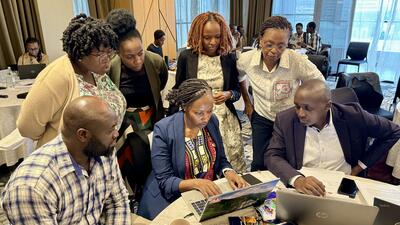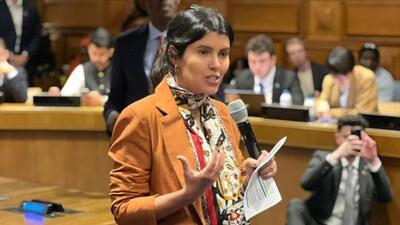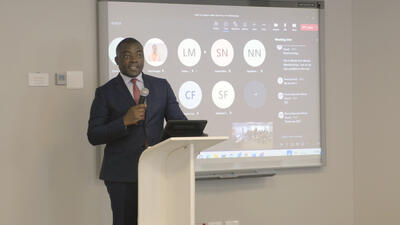
Three quarters of Kenyan trade affected by NTMs
Among 27 countries surveyed by the International Trade Centre (ITC), Kenya has one of the highest rates of companies affected by non-tariff measures (NTMs). Procedural obstacles such as delays and high fees are most frequently reported by companies, with major concerns caused by domestic measures and measures applied by the East African Community (EAC) members.
The results of the survey were discussed during a national stakeholder meeting organized by ITC in collaboration with the Kenyan Ministry of Trade in Nairobi at the end of February. The workshop brought together over 70 participants from various private and public institutions including the Ministry of Trade, the Ministry of Agriculture, Kenya Bureau of Standards, Kenya Plant Health Inspectorate Services, Kenya Revenue Authority, Kenya Association of Manufacturers, the Coffee Board of Kenya, as well as academics and international organizations. The aim of the workshop was to find technical recommendations and pragmatic solutions to problems identified during the survey.
NTMs, which include a variety of regulations on imports and exports, for example technical requirements, quotas and rules of origin, have become a major impediment to international trade as companies struggle to comply with an increasingly complex web of policies and, at times, opaque technical standards.
ITC Consultant Samidh Shrestha said: “Kenya is among the most affected countries surveyed but most of its problems are due to inefficiencies in domestic agencies rather than the strictness of requirements specified in regulations.” He said that Kenya, with its strong testing and certifications bodies, is in a good position to overcome the difficulties faced by its exporters if the agencies involved improve their operational efficiency. It was shown during the meeting that over 47% of the obstacles faced by enterprises in Kenya were due to delays in administrative procedures.
The survey results also show that Kenyan exporters find it particularly difficult exporting to neighbouring EAC countries, which apply around 30% of the reported NTMs. Within the EAC a lack of harmonized standards and obstacles in the transport network, such as roadblocks and weighbridges, have been identified as a major concern. Ambassador Leonard Ngaithe, opening the workshop on behalf of Abdulrazaq Adan Ali, the Permanent Secretary of the Ministry of Trade, highlighted that trade had an important role to play in the economy within Kenya’s Vision 2030 framework and that the elimination of NTMs at both multilateral and regional level was an important issue.
Olga Solleder, ITC Market Analyst, said: “There is an information gap between Kenyan agencies and the private sector. Enterprises are not fully informed of all the requirements as well as potential benefits they may be eligible for.” Experts at the workshop agreed that more should be done to ensure that information regarding Kenyan as well as partner country regulations is easily accessible to local companies and that they are fully aware of them. During the meeting, stakeholders also agreed that the on-going integration process in the EAC region must be expedited to ensure inter-regional trade grows unhindered.
ITC is working with the private sector in 27 countries, including Kenya, to identify barriers to trade and provide advice to governments on how to overcome and reduce them. Understanding enterprises’ key concerns with NTMs can assist governments to better define national strategies and policies and take concrete steps to alleviate the problems, for example by building national capacity in complying with technical regulations.















